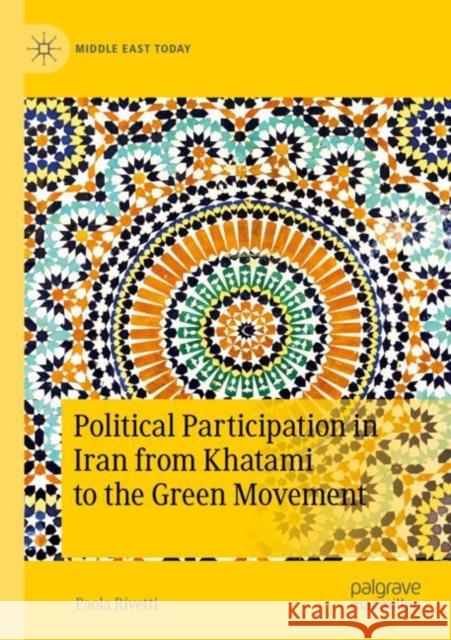Political Participation in Iran from Khatami to the Green Movement » książka
topmenu
Political Participation in Iran from Khatami to the Green Movement
ISBN-13: 9783030322038 / Angielski / Miękka / 2020 / 202 str.
Political Participation in Iran from Khatami to the Green Movement
ISBN-13: 9783030322038 / Angielski / Miękka / 2020 / 202 str.
cena 322,01
(netto: 306,68 VAT: 5%)
Najniższa cena z 30 dni: 289,13
(netto: 306,68 VAT: 5%)
Najniższa cena z 30 dni: 289,13
Termin realizacji zamówienia:
ok. 22 dni roboczych.
ok. 22 dni roboczych.
Darmowa dostawa!
Kategorie BISAC:
Wydawca:
Palgrave MacMillan
Seria wydawnicza:
Język:
Angielski
ISBN-13:
9783030322038
Rok wydania:
2020
Wydanie:
2020
Numer serii:
000412774
Ilość stron:
202
Oprawa:
Miękka
Wolumenów:
01











